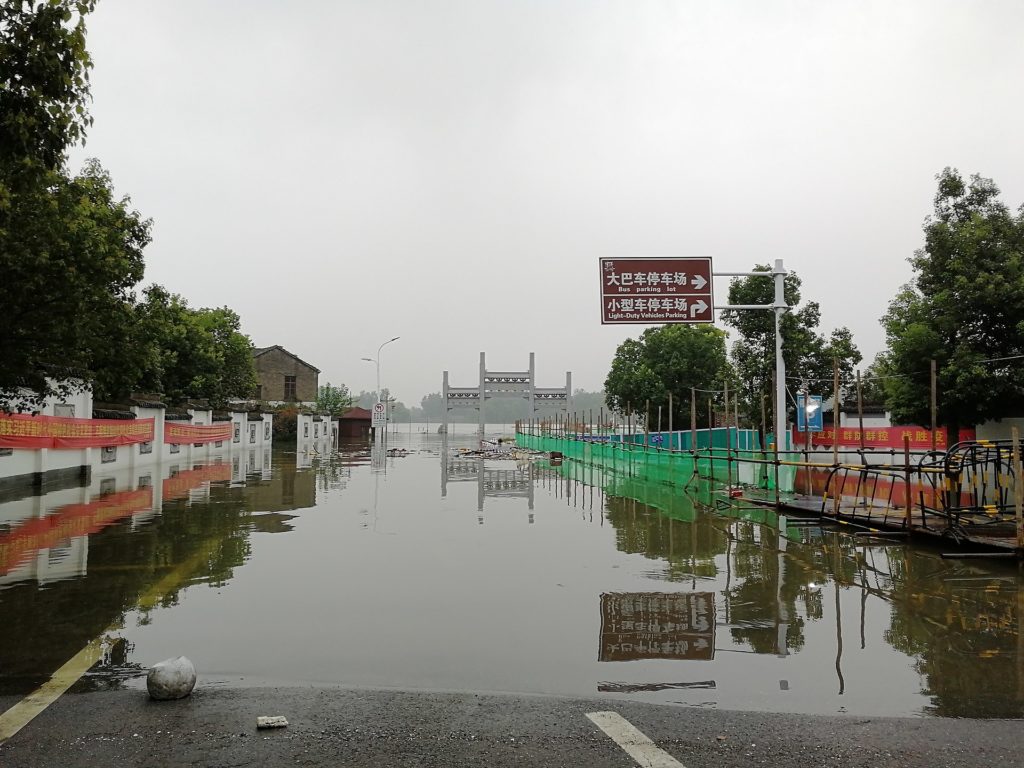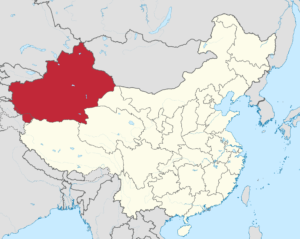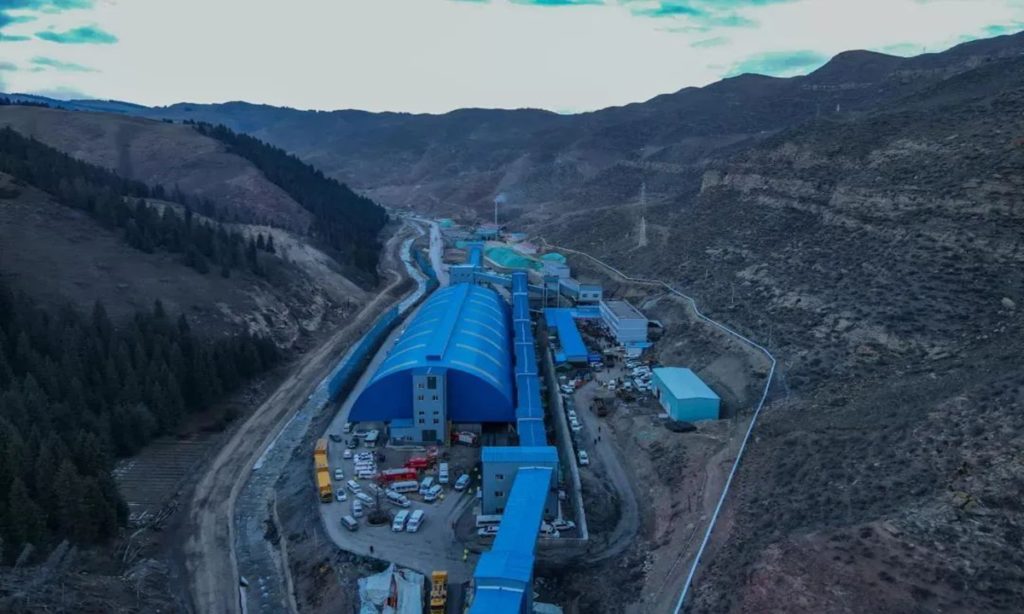
Chinese media is reporting that problems arising from heavy rain and floods there are also impacting the value of Bitcoin. This won’t be the first time the weather impacted Bitcoin: last summer, monsoons brought flooding rains to portions of China where Bitcoin is mined, impacting the value then too. In a bit of irony, problems at traditional coal mines are impacting modern-day digital mines used for the headline-garnering digital currency that has seen its value roller-coaster in recent days.

The region of Xinjiang has been dealing with heavy rains for weeks now, creating widespread flooding. Floods hit a large coal mine in Xinjiang on April 11, trapping 21 miners there. A flash flood hit the facility, resulting in a gas explosion along with underground power outages and communication interruptions. The National Emergency Management Department deployed 1,484 rescue personnel to the site to save those trapped in the mine. Beyond the 21 trapped, the incident claimed the lives of 12 workers.
Sadly for the region, the incident on April 11 isn’t the first. Chinese state media Xinhua reported two other significant events impacting coal mines in the region. On March 25, a coal and gas explosive event occured at the Shigang Coal Industry site, killing 4 workers. On April 9, another explosion claimed 8 times at the Guizhou Liming Energy Group mine.
To make sure the floods aren’t impacting other mines and to confirm whatever safety rules may be in place to keep workers out of harm’s way are working, the Chinese Central Authority is conducting site-inspections at other mining facilities; they are also conducting inspections at local government agency offices.

To conduct thorough inspections and to keep people safe, the Chinese Central Authority has been halting electrical production at some generation plants while cutting power off to portions of the region to pursue their safety checks. These power failures are impacting another type of mining: Bitcoin mining.
Bitcoin is a cryptocurrency, a form of decentralized digital currency, that lacks a central bank or single administrator. While Bitcoins can be bought and sold on the open market, purchased for cash, or used to purchase goods and services in place of cash, the digital currency is “minted” through a process known as mining. Bitcoin miners receive Bitcoin as a reward for completing “blocks” of verified transactions which are added to the blockchain. This computer-intensive process uses mining “rigs” to solve complex computational math problems.
Large scale facilities with racks and racks of computers are used to mine Bitcoin. Due to how much electricity these computers and their processors require, Bitcoin miners will try to mine in areas with lower electricity prices. This is the case in Xinjiang, which has especially low electricity prices this time of year.
In 2020, floods directly impacted Bitcoin mining facilities, with flood waters raging through computer centers, damaging the computers set-up to mine the digital currency. While that isn’t the case at this point in 2021, the heavy rain and floods is indirectly impacting mining operations due to the electrical grid shut-downs.

With electrical grids shut-down, the Bitcoin output from regional mining facilities dropped between 10-35%, according to Crypto Briefing. Due to that system shock and other market drivers, the value of Bitcoin fell significantly over the weekend. After hitting an all-time high of $64,863.10 per Bitcoin on April 14, the value collapsed to a low of $53,441.16 yesterday, April 18, representing an 18% drop in value.
While the forecast for Bitcoin’s value is unknown, the weather forecast for Xinjiang is. Based on the American GFS computer forecast model, more heavy precipitation is likely over the region over the next 48 to 96 hours. With more heavy precipitation on the way, there could be more flood-related problems in the area which could again impact Bitcoin mining facilities there. If markets react negatively to the weather conditions in this Bitcoin mining hotspot, the value of Bitcoin could be impacted negatively too.